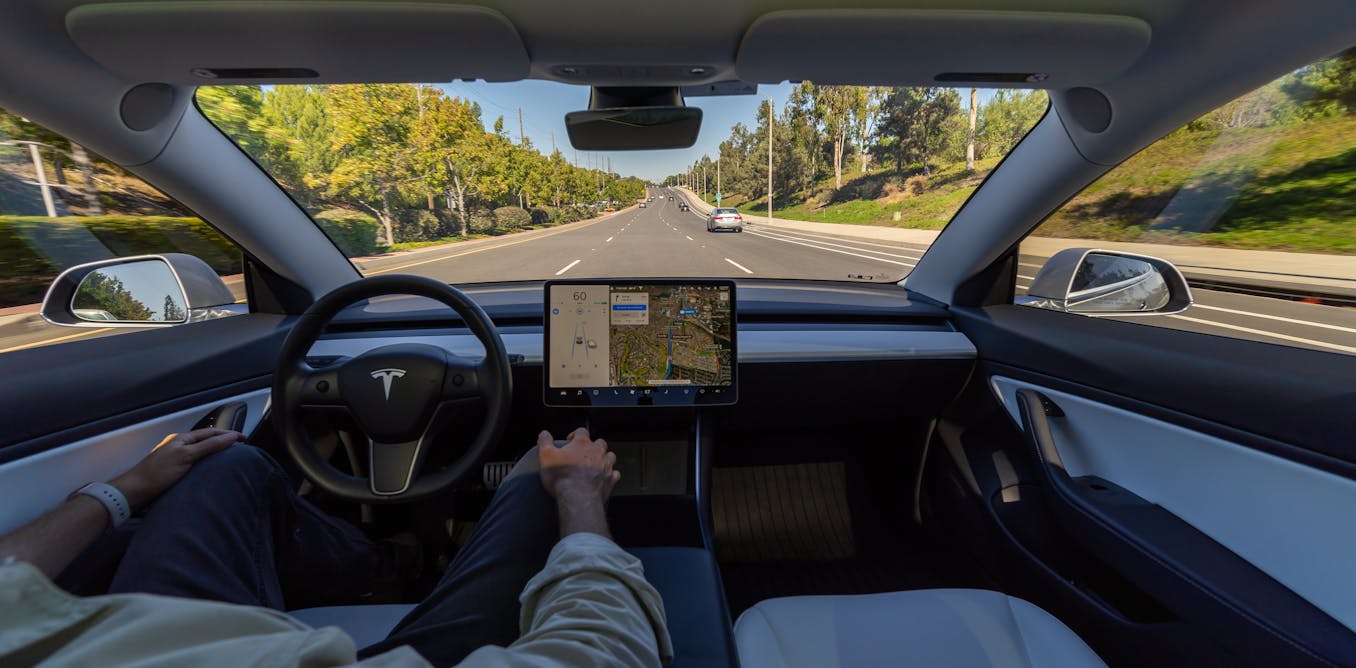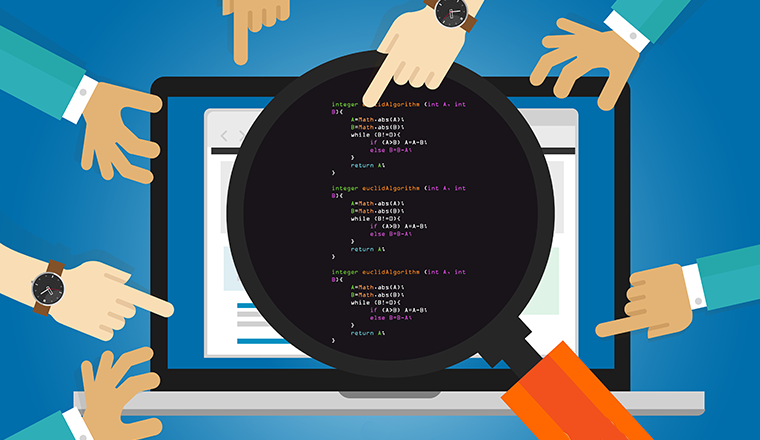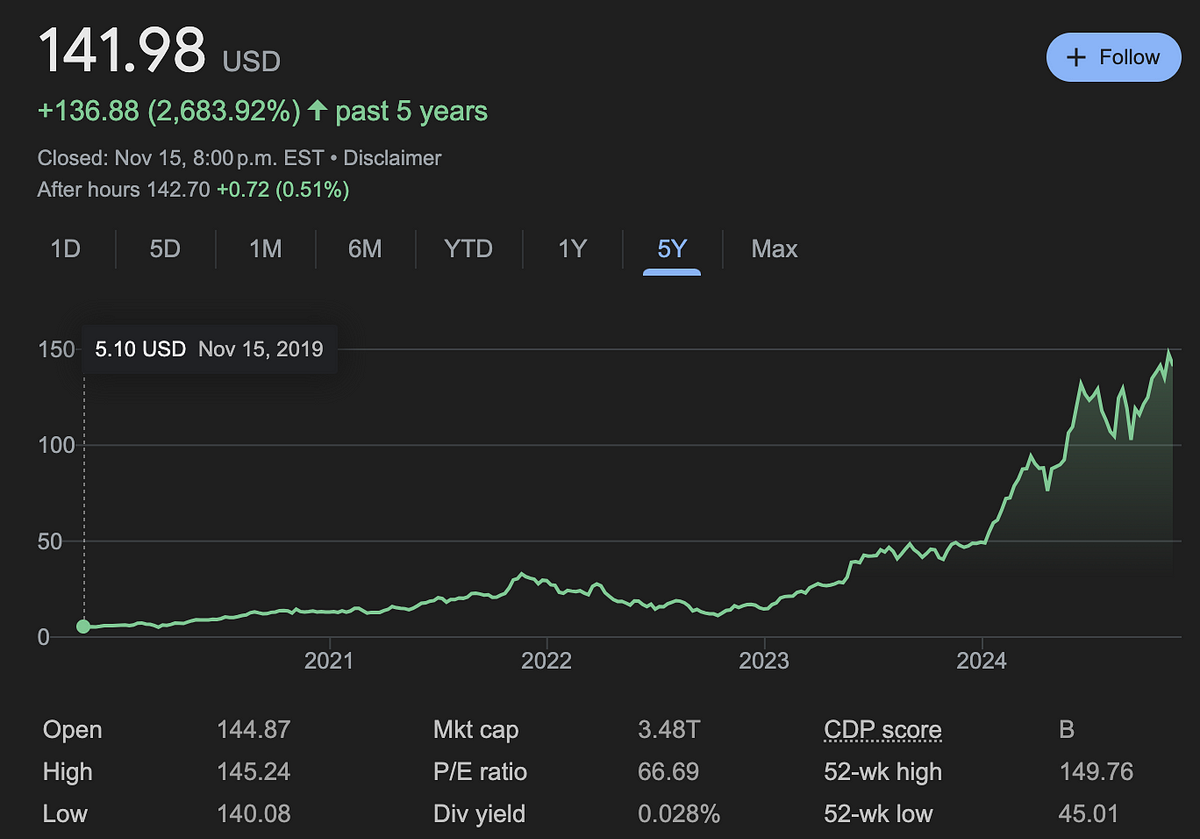Why does nobody use Time Tracking?
Time tracking is often met with mixed emotions. On one hand, it promises better project forecasts, personal insights, and accountability. On the other, it can be irritating, intrusive, and sometimes counterproductive. In this article, I'll give my theory on the true value of time tracking, examine its downsides, explore what an ideal solution might look like, and share how I'm working to make time tracking better.
Time tracking provides value by enabling realistic forecasting. Without accurate data on how long similar tasks took in the past, reliable predictions are impossible. Project timelines are often wrong for two reasons: poor data and poor forecasting techniques. Setting aside the techniques for another time, project timelines rarely use concrete data; instead, they are typically built on recollections and assumptions. This leaves planning vulnerable to optimism bias and all the foibles of human memory.
My research has found that time tracking also has a less pragmatic, but no less real, appeal; it is simply intriguing. Many enjoy seeing a tangible record of how they’ve spent their time, and not necessarily because it’s actionable information. One person I spoke with compared tracking work time to taking an online personality test. Both give people a sense of satisfaction and empowerment, simply by offering a clear reflection of their habits and routines. While this feeling might be more about personal affirmation than practical insight, it’s still meaningful; many find value in seeing a record of their efforts, even if it’s primarily for self-reflection.

















.webp)